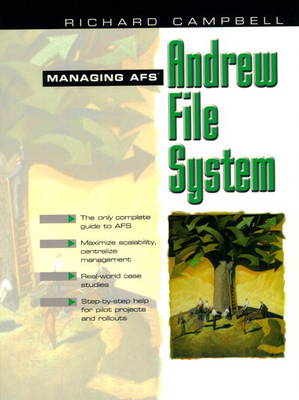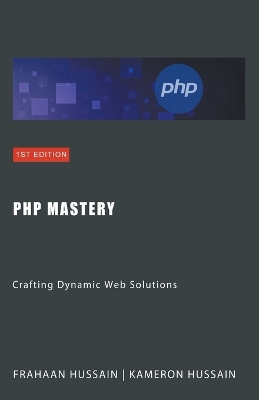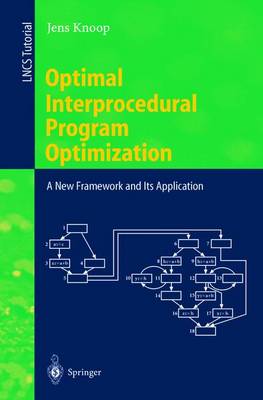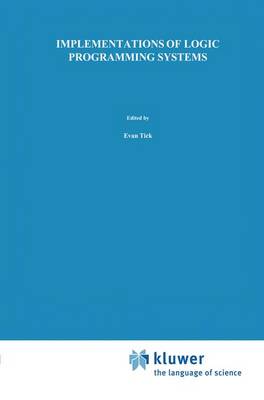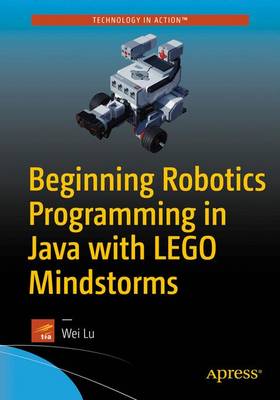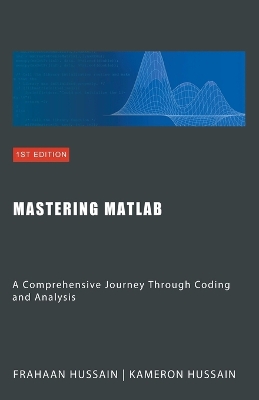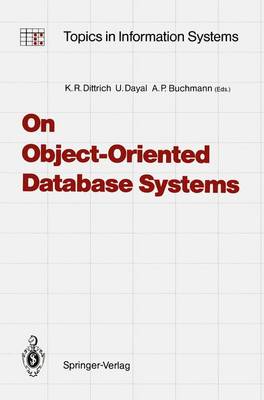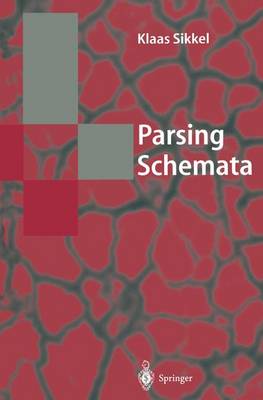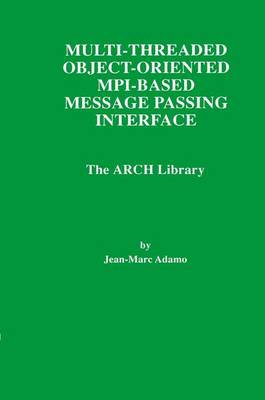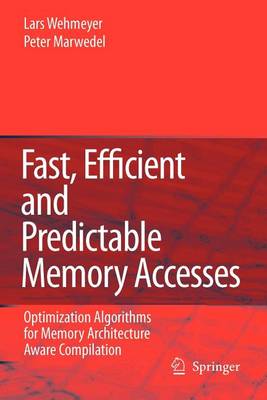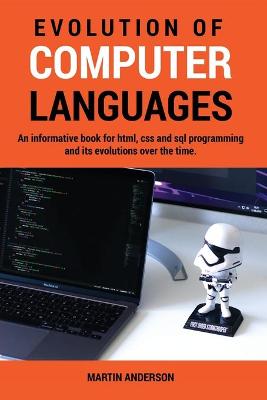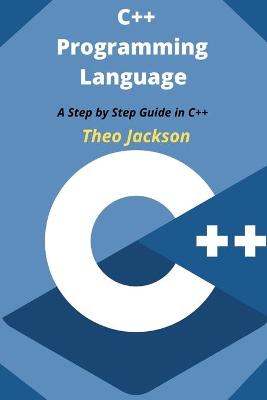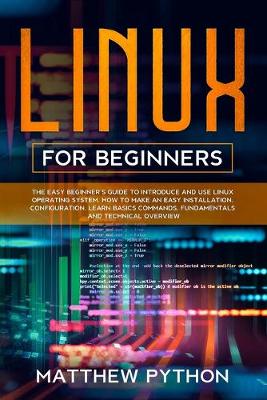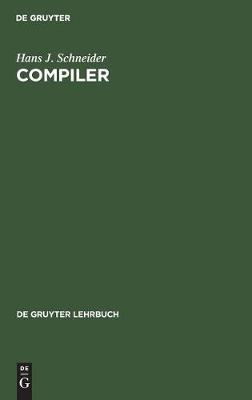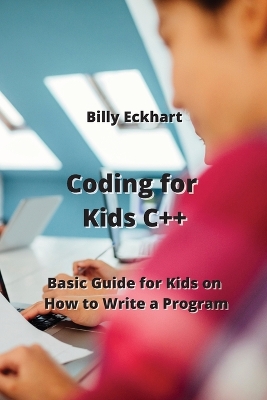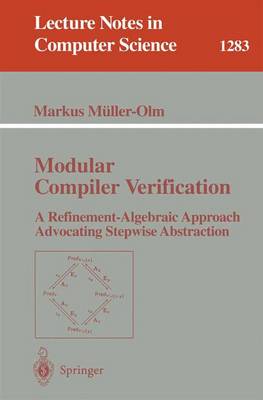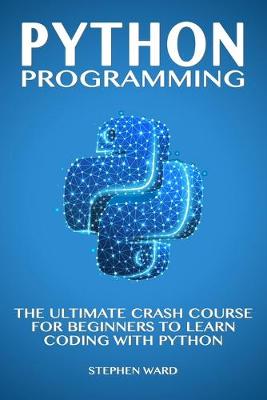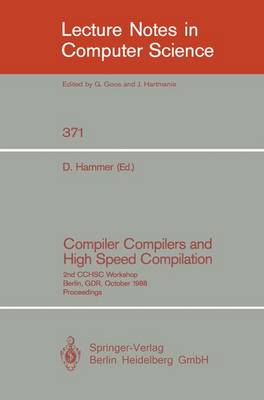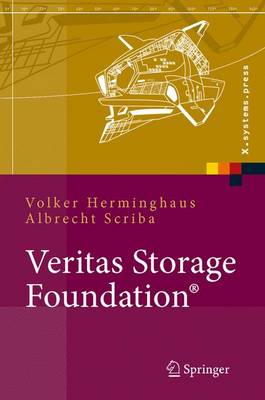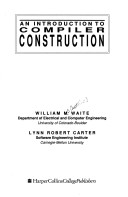This book describes, in detail, the benefits of using the AFS distributed file system in large and small organizations. By relieving administrators of inefficiencies of scale and allowing users to retrive files effectively from anywhere in their organization. This book demonstrates the power of using an integrated, fully functional, and centrally managed system to provide a ubiquitous and reliable data storage system. This book explains how to manage AFS to its greatest effect incuding the insta...
Optimal Interprocedural Program Optimization (Lecture Notes in Computer Science, #1428)
by Jens Knoop
Starting from the intraprocedural basic case, this monograph focuses on interprocedural optimization. It emphasizes the analogies and essential differences between intraprocedural and interprocedural optimization, and offers cookbook style support for constructing the underlying algorithms. It is aimed at compiler constructors and researchers interested in the systematic transfer of intraprocedural optimizations to the interprocedural setting, as well as students seeking a gentle introduction to...
Implementations of Logic Programming Systems
In conjunction with the 1993 International Conference on Logic Programming (ICLP'93), held in Budapest Hungary, two workshops were held concerning the implementations of logic programming systems: Practical Implementations and Sys- tems Experience in Logic Programming Systems, and Concurrent, Distributed, and Parallel Implementations of Logic Programming Systems. This collection presents 16 research papers in the area of the implementation of logic programming systems. The two workshops aimed to...
Discover the difference between making a robot move and making a robot think. Using Mindstorms EV3 and LeJOS—an open source project for Java Mindstorms projects—you’ll learn how to create Artificial Intelligence (AI) for your bot. Your robot will learn how to problem solve, how to plan, and how to communicate. Along the way, you’ll learn about classical AI algorithms for teaching hardware how to think; algorithms that you can then apply to your own robotic inspirations. If you’ve ever wanted to...
On Object-Oriented Database Systems (Topics in Information Systems)
Object-oriented database systems have been approached with mainly two major intentions in mind, namely to better support new application areas including CAD/CAM, office automation, knowledge engineering, and to overcome the `impendance mismatch' between data models and programming languages. This volume gives a comprehensive overwiew of developments in this flourishing area of current database research. Data model and language aspects, interface and database design issues, architectural and impl...
Parsing Schemata (Texts in Theoretical Computer Science. An EATCS)
by Klaas Sikkel
Parsing, the syntactic analysis of language, has been studied extensively in computer science and computational linguistics. Computer programs and natural languages share an underlying theory of formal languages and require efficient parsing algorithms. This introduction reviews the theory of parsing from a novel perspective. It provides a formalism to capture the essential traits of a parser that abstracts from the fine detail and allows a uniform description and comparison of a variety of pars...
Multi-Threaded Object-Oriented MPI-Based Message Passing Interface: The ARCH Library presents ARCH, a library built as an extension to MPI. ARCH relies on a small set of programming abstractions that allow the writing of well-structured multi-threaded parallel codes according to the object-oriented programming style. ARCH has been written with C++. The book describes the built-in classes, and illustrates their use through several template application cases in several fields of interest: D...
Fast, Efficient and Predictable Memory Accesses
by Lars Wehmeyer and Peter Marwedel
Speed improvements in memory systems have not kept pace with the speed improvements of processors, leading to embedded systems whose performance is limited by the memory. This book presents design techniques for fast, energy-efficient and timing-predictable memory systems that achieve high performance and low energy consumption. In addition, the use of scratchpad memories significantly improves the timing predictability of the entire system, leading to tighter worst case execution time bounds.
Fedora 8 and Red Hat Enterprise Linux Bible (Bible, #478) (, #478)
by Christopher Negus
More than a quarter of a million copies sold in previous editions! Freedom is a feature. With Fedora's new Online Desktop, you are free to shape your desktop environment to include the services, applications, and online friends you desire. As always, Fedora's total dedication to freedom lets you draw on thousands of free software packages to create the exact desktop or server computer you need. Fedora puts together the software (provided here on CD and DVD).This book acts as a guide to everythin...
Modular Compiler Verification (Lecture Notes in Computer Science, #1283)
by Markus Muller-Olm
This book presents the verified design of a code generator translating a prototypic real-time programming language to an actual microprocessor, the Inmos Transputer. Unlike most other work on compiler verification, and with particular emphasis on modularity, it systematically covers correctness of translation down to actual machine code, a necessity in the area of safety-critical systems. The formal framework provided as well as the novel proof-engineering ideas incorporated in the verified code...
Hochkonzentrierter und praxisorientierter Kurs zur "Veritas Storage Foundation": Storage Virtualisierung (Teil 1) erzeugt virtuelle Diskspeicher, die bei Kompatibilitat zu ihren physischen Gegenstucken beliebige Groessen einnehmen. Sicher und schnell gemacht, koennen sie ihre Eigenschaften im laufenden Betrieb dynamisch andern. Server Virtualisierung (Cluster Computing, Teil 2) erhoeht die Ausfallsicherheit und steigert die Performance. Seit der Verbreitung von 24h-Diensten ist sie aus keiner Fi...
An Introduction to Compiler Construction
by W. M. Waite and Lynn Robert Carter
This text is orientated towards actual construction of a compiler, rather than the theory underlying compiler construction. This hands-on approach allows students to write a complete compiler which translates a simple algorithmic language to the assembly code of a real computer. The book gives a consistent overall picture of the compiler construction problem, emphasizing the important sub-problems and providing systematic, intuitive approaches to solving them.
